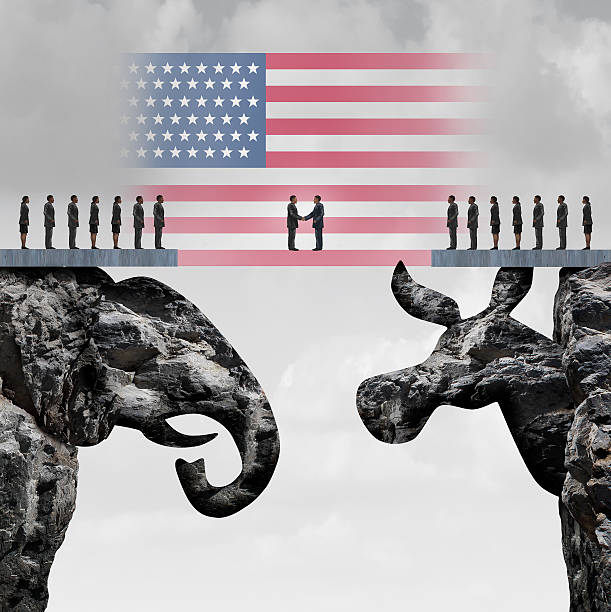The Role of Drug Pricing in Health Care Spending
Last year, health care spending in the U.S. accounted for 18 percent of the economy. Many people have the impression that extremely high prescription drug prices are the main driving forces behind this ever-increasing health care spending. Washington Policy Center (WPC) recently published a Policy Note that concluded drug pricing is a complex issue and that multiple levels of economic activity contribute to the ultimate pricing level. (here)
This week, the Pacific Research Institute (PRI) released a new study on prescription drug pricing. (here) The author, Dr. Wayne Winegarden, studied drug pricing in relation to overall trends in health care spending in the U.S. He concluded that:
- Since 1969, health care inflation has outpaced drug price inflation. More recently, drug price inflation has increased, likely driven by hospital drug prices, and the increase in new, novel medications. Typically, drug prices rise at a faster rate when there are more innovations.
- Total expenditures on pharmaceuticals relative to overall health care expenditures have risen and fallen in an unrelated matter. This shows that increases in drug prices are not driving increases in health care costs.
- An apples-to-apples comparison of U.S. drug prices with those in other countries, adjusted for higher overall medical price inflation, show that higher U.S. drug prices simply reflect higher overall domestic medical prices.
- The current drug pricing process – which involve intermediaries like Pharmacy Benefit Managers (PBMs) – includes perverse incentives that drive up costs. Reforms to simplify this process would enable list prices to reflect transaction costs more accurately.
Many officials are now demanding price controls on prescription drugs. Both the WPC and the PRI studies confirm that although drug prices obviously contribute to health care costs, those prices are not the main driver of the ever-rising health care spending.
What is known, however, is the fact that price controls cause shortages and less innovation. Instead of placing price controls, elected officials should streamline the costly federal drug approval process and should encourage more competition through patient-centered health care reforms.







